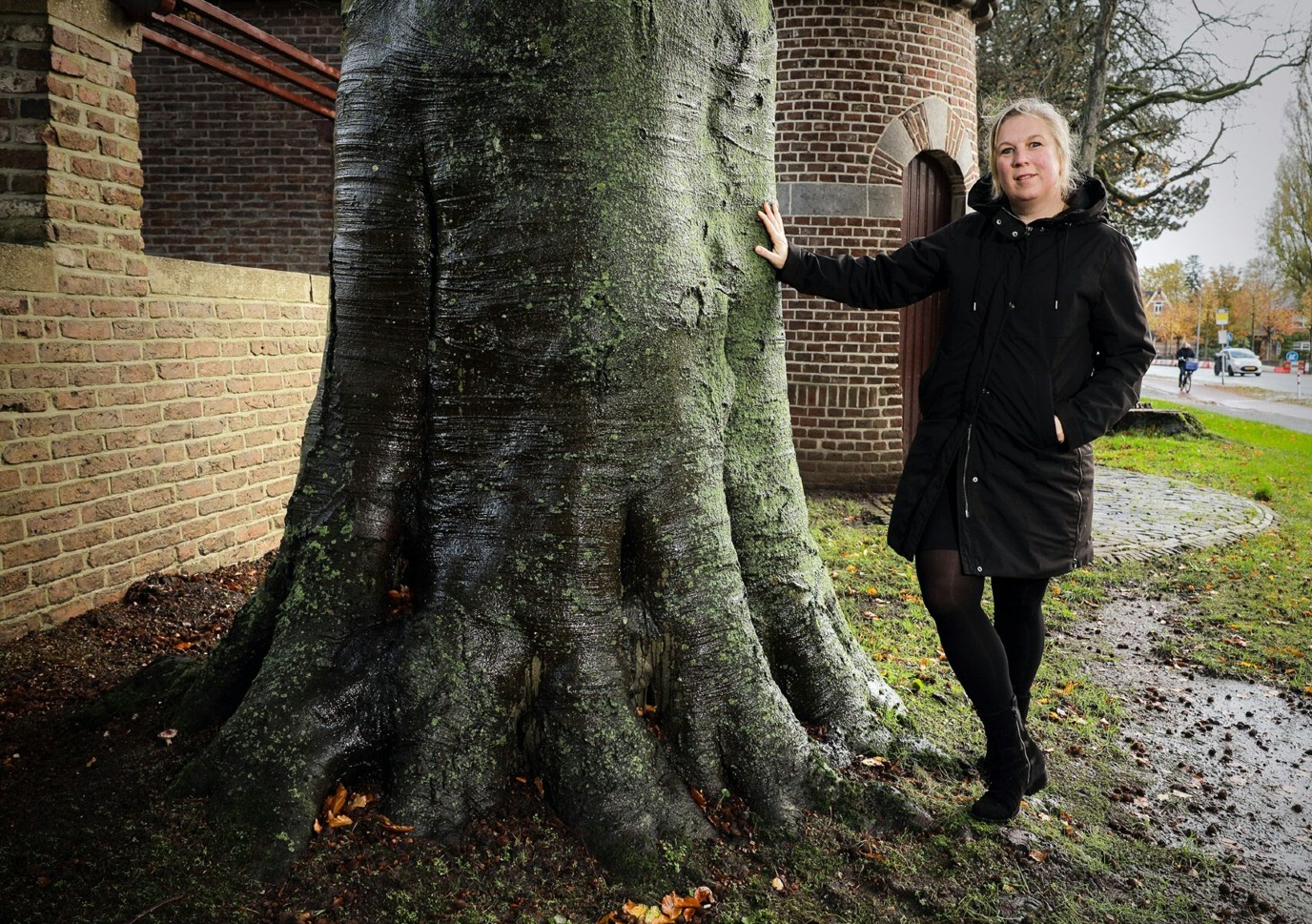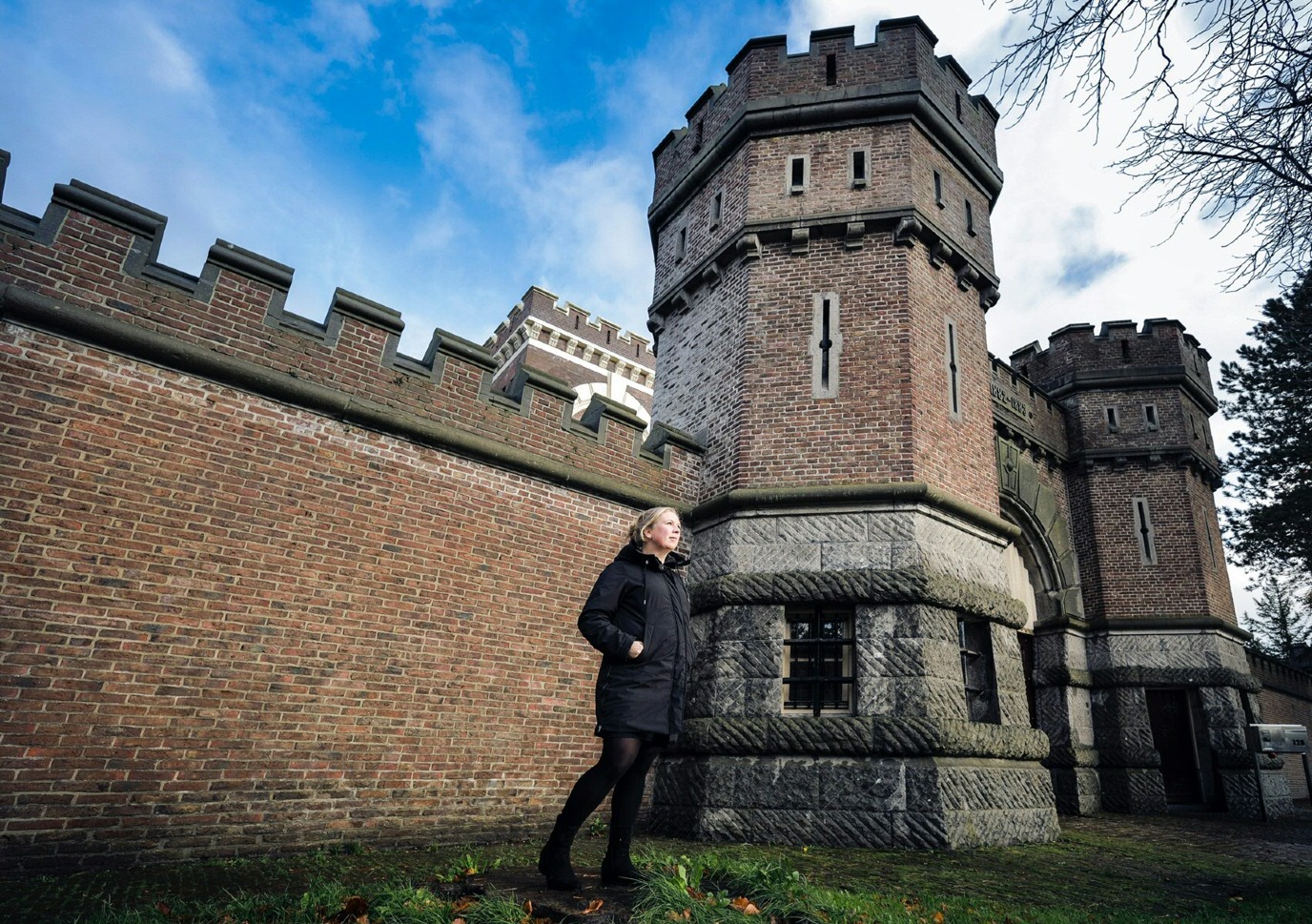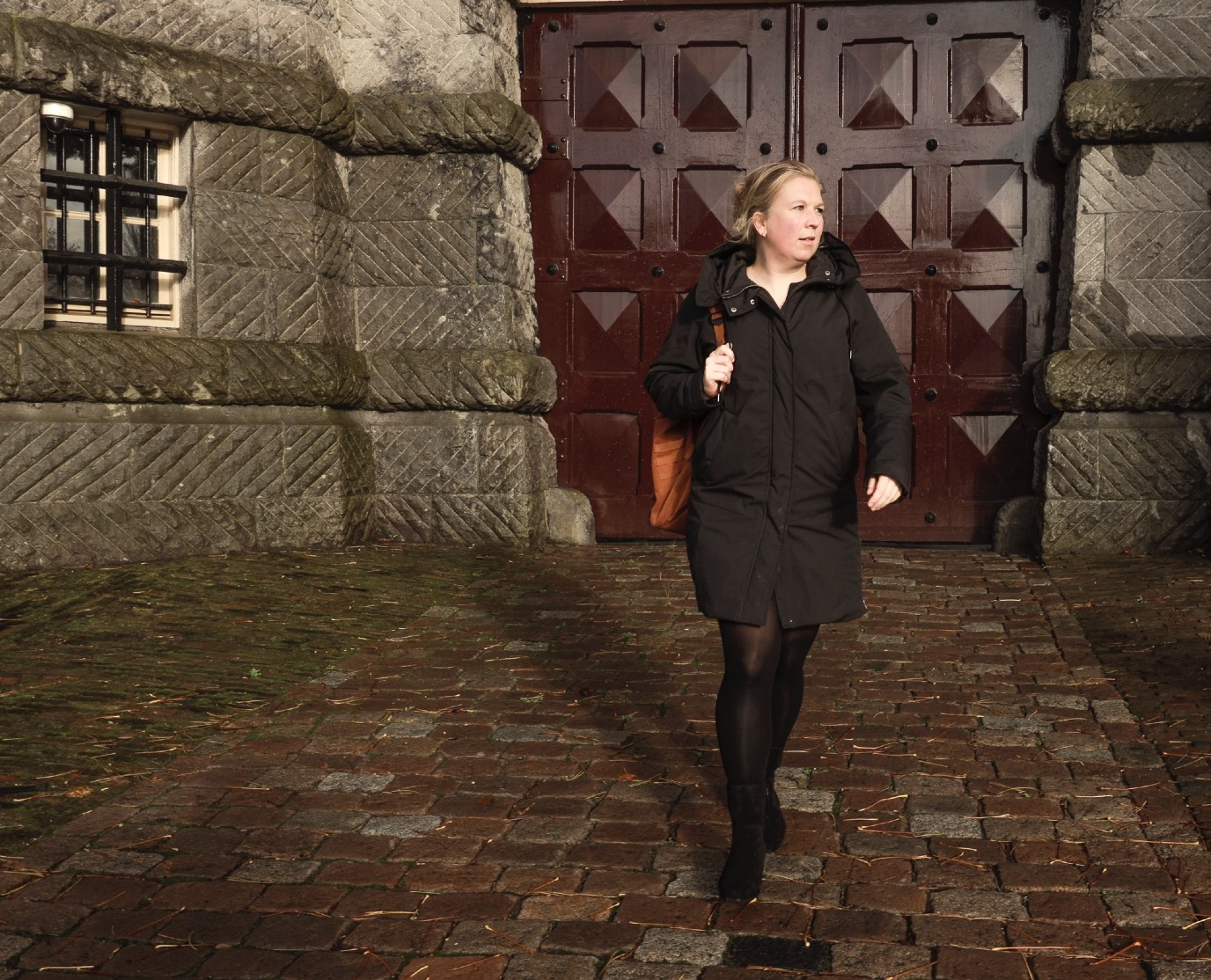‘Criminal families’: Is it possible to escape?
Why do children of ‘criminal parents’ also go astray? That is the subject of Veroni Eichelsheim's research. It is challenging research, but with a positive message: ‘People are still more likely to turn out right’.
Text: Beau Oldenburg / Photos: Henk Veenstra
The term ‘criminal families’ is not one she is likely to use. Professor by special appointment Veroni Eichelsheim prefers to speak of the ‘intergenerational continuity of deviant behaviour’. Eichelsheim: ‘We see that deviant behaviour such as violence and criminality tends to be concentrated in certain families. These families are sometimes referred to in the media or in policy documents as ‘criminal families'. Especially if they cause nuisance. This is not a very helpful term, because it has a stigmatizing effect. And I don’t think that it helps children growing up in such families. In fact, one of the explanations for why criminal behaviour sometimes seems to be passed on from generation to generation, is stigmatization.’

Break the chain
Since this group is very hard to study, Eichelsheim cannot provide any absolute figures on how many children of ‘criminal parents’ end up going astray themselves. ‘We know that these children are 2.5 times more at risk. For some types of criminality, such as violent crimes, these figures are a bit higher still.’ In some families, this intergenerational transmission has been going on for many generations. Eichelsheim hopes that with her research more insight will be gained into why that is the case, and how this chain can be broken.
Garden variety criminality
But who are these ‘criminal families’? According to Eichelsheim, they represent a very diverse group, which makes it difficult to sketch a unified profile. ‘In families that are involved in ‘garden variety criminality’ such as theft, handling stolen goods, or drugs possession, poverty is an important driving force. These families sometimes feel socially excluded. Multiple problems accumulate: antisocial behaviour, aggression, mistrust of the system, and debt. These people struggle to raise their children because they did not have a good role model themselves.'
Cupboards full of money
In families who are involved in more serious and organized criminality, such as large-scale drug trafficking or white-washing, poverty usually plays a smaller role. ‘In fact, these people sometimes literally have cupboards full of money.’ These families have their own specific culture, with their own beliefs and habits. ‘For example around how you deal with each other, and how you solve problems. Violence is considered normal, and children growing up in these families inherit these ideas. In addition, loyalty plays an important role: If your uncle or cousin asks you to help them with a job, it’s hard to say no.’

Closed system
What makes Eichelsheim's research challenging is that it is difficult to find ‘criminal families’. ‘People often say: we have to intervene sooner. But how do you find these people? And how do you get them to agree to take part in a research study? Because these families form such a closed system, this is extremely difficult.’ That is why Eichelsheim and her colleagues work primarily with registry data and files from organizations such as Jeugdzorg (Youth Welfare).
Safety net
This kind of research can also be emotionally demanding. ‘Together with one of the PhD candidates from my team, we had to go through dossiers from the Raad voor de Kinderbescherming (Council for Child Protection). We saw that the father’s lifestyle sometimes brought serious risks for the child’s safety. In some cases, this went as far as a threat of liquidation. It’s almost impossible to imagine, but for these children, it is actually dangerous to be around their parent. If you read what they are exposed to, you really have to stop sometimes. That is how intense it is. At such times, we are each other’s support network, and we talk about it.’

Good news
But Eichelsheim emphasises that there is also good news. Not every child of ‘criminal parents’ automatically goes astray. ‘People are still more likely to turn out right. These are only estimates, but approximately 60% to 80% of children from these families remain on the right path. This is true both of children from ‘garden variety’ criminal families and children from families that are involved in more serious crime. Of course, we could look at many other outcomes, besides criminality. Growing up in this kind of family could potentially have other negative consequences, for example when it comes to relationships.
New world
Just as certain factors —such as poverty or poor nutrition— increase the odds that children from ‘criminal families’ become criminally active themselves, there are also protective factors. Eichelsheim sees these as important starting points for breaking the chain of criminality. ‘Risk factors are cumulative, but so are protective factors. For example, if you have someone around who acts as a positive role model for you, it increases the odds that you will go to school. And if you go to school, you get access to other social contacts. It’s almost as if another world opens up for you, which makes it easier to distance yourself from your family. For us as researchers, it is important to also study these factors, so that we can find more effective ways of breaking through patterns.’
More information
More articles about Growing up safely
| Last modified: | 20 June 2024 08.01 a.m. |
More news
-
10 June 2024
Swarming around a skyscraper
Every two weeks, UG Makers puts the spotlight on a researcher who has created something tangible, ranging from homemade measuring equipment for academic research to small or larger products that can change our daily lives. That is how UG...
-
21 May 2024
Results of 2024 University elections
The votes have been counted and the results of the University elections are in!


